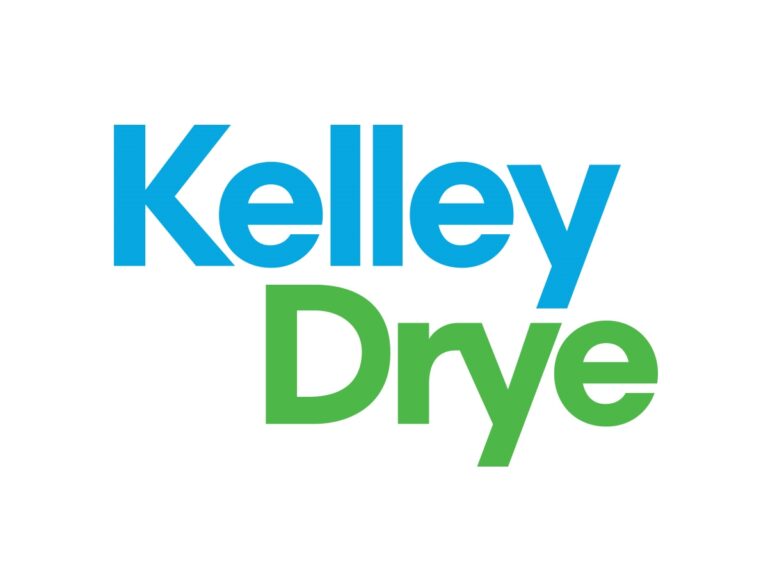Last year, we posted about Earth Island Institute’s lawsuit against Coca-Cola, alleging that the company falsely represents itself as “a sustainable and environmentally friendly company, despite being one of the largest contributors of plastic pollution in the world.” While many lawsuits involving green claims focus on claims about past or present results (which can usually be proven or disproven), this lawsuit focused on aspirational and forward-looking statements (which are inherently harder to prove or disprove).
The DC Superior Court determined that many of the challenged statements are aspirational and do not including anything that can be measured to determine whether they are true or false. For example, phrases such as “a more sustainable future for our communities and our planet” and “help develop more effective recycling systems” are extremely vague. “[W]hile they point to a general theme of sustainability and corporate improvement, there is not a measurable standard to apply as to whether or not Defendant has met these general goals.”
Other statements – including statements about the company’s plan “to help collect and recycle a bottle or can for every one we sell globally by 2030” – were more specific. However the court determined that “a consumer would not be able to determine if the goal has yet been met in 2022 as it is set significantly in the future.” Moreover, “the inclusion of the word ‘help’ muddles the promise, such that the enforceability, even in 2030, appears to be somewhat uncertain.” Bottom line:
As future, aspirational goals, these statements cannot successfully create a valid claim under the [Consumer Protection Procedures Act (or “CPPA”)] until they have been found to be inaccurate or misleading.
Although this decision suggests that advertisers may have some breathing room to make aspirational statements, it’s worth noting that the case could have ended up differently had it been brought in a different venue. For example, in cases such as this one, NAD has held that “an advertiser must be able to demonstrate that its goals and aspirations are not merely illusory and to provide evidence of the steps it is taking to reach its stated goal.”
[View source.]


